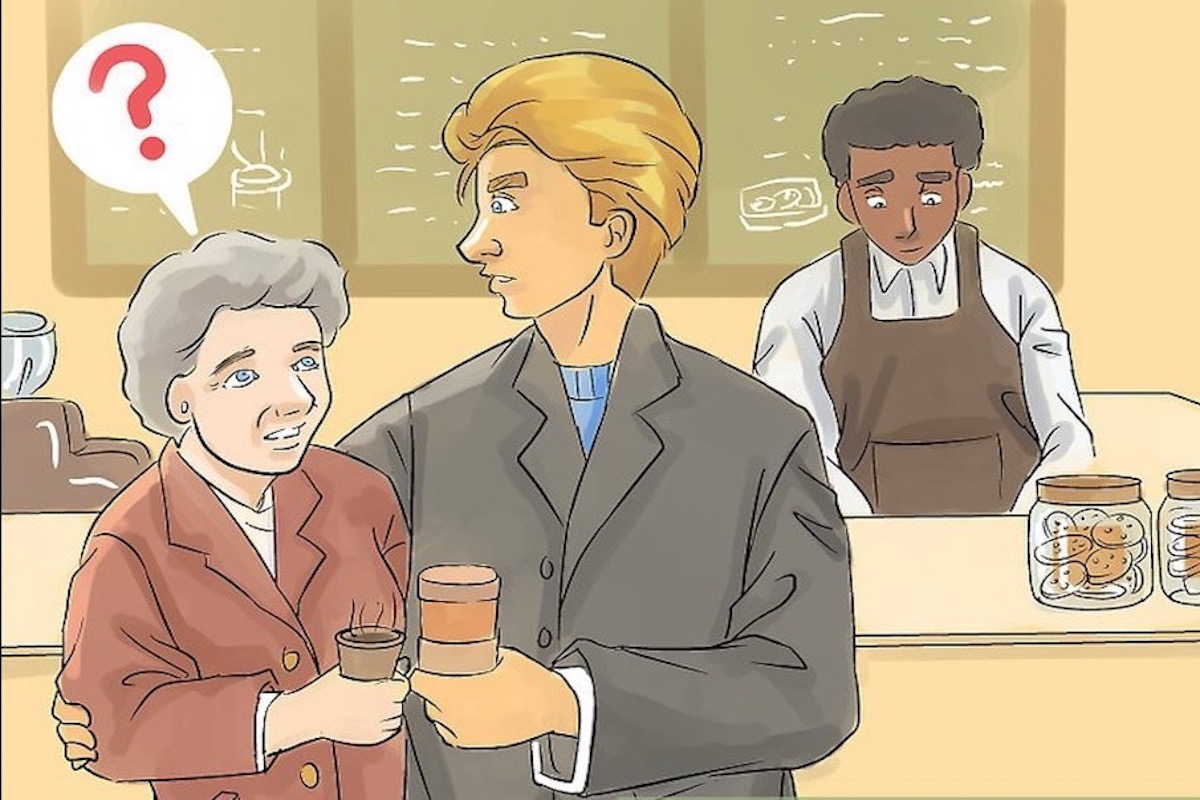Getting Lost
Alzheimer’s disease at an early stage also ensures that an affected person can no longer remember how he or she should walk, cycle, or drive to a familiar place. He or she can not remember the way he or she came and how to get back and can therefore get lost. On the other hand: getting lost in a place where you have not been around for centuries or a place that is hard to find, can happen to anyone.

Even young people, so make sure you recognize the difference. The big difference is that someone with Alzheimer’s can also get lost on his daily (routine) walk or when he/she walks in the supermarket, even if the person has been buying his groceries there for decades.
Having Difficulty with Finances
People who suffer from an early form of Alzheimer’s disease often forget to check and execute their expenses, taxes, and other financial tasks. So if you visit a loved one and you suspect that he or she suffers from early Alzheimer’s disease, you might want to check that he or she is keeping up with their mail. If not start checking the mail pile for unpaid bills, (first or second) notices, reminders to file tax returns, or maybe even bailiffs letters.
Personality and/or Mood Swings
Someone with early Alzheimer’s disease can become anxious, depressed, paranoid, or even aggressive, even if there are no clear reasons for it. If you notice that your loved one changes mood quickly, then it is time that you pay attention to whether he or she is also suffering from other Alzheimer’s disease signals.
Weight Loss
It is often seen that people with Alzheimer’s disease lose a lot of weight. How is this possible? As people with Alzheimer’s disease start wandering around and moving a lot, and/or forget to eat, they will quickly lose weight. Try to keep an eye on older people when you see them lose weight quickly. Try to find out about their eating habits to support them in this. Maybe start a conversation about getting some help or even moving to a nursing home. This symptom starts showing in the early stages of the disease, but it tends to get bad once the disease worsens.

